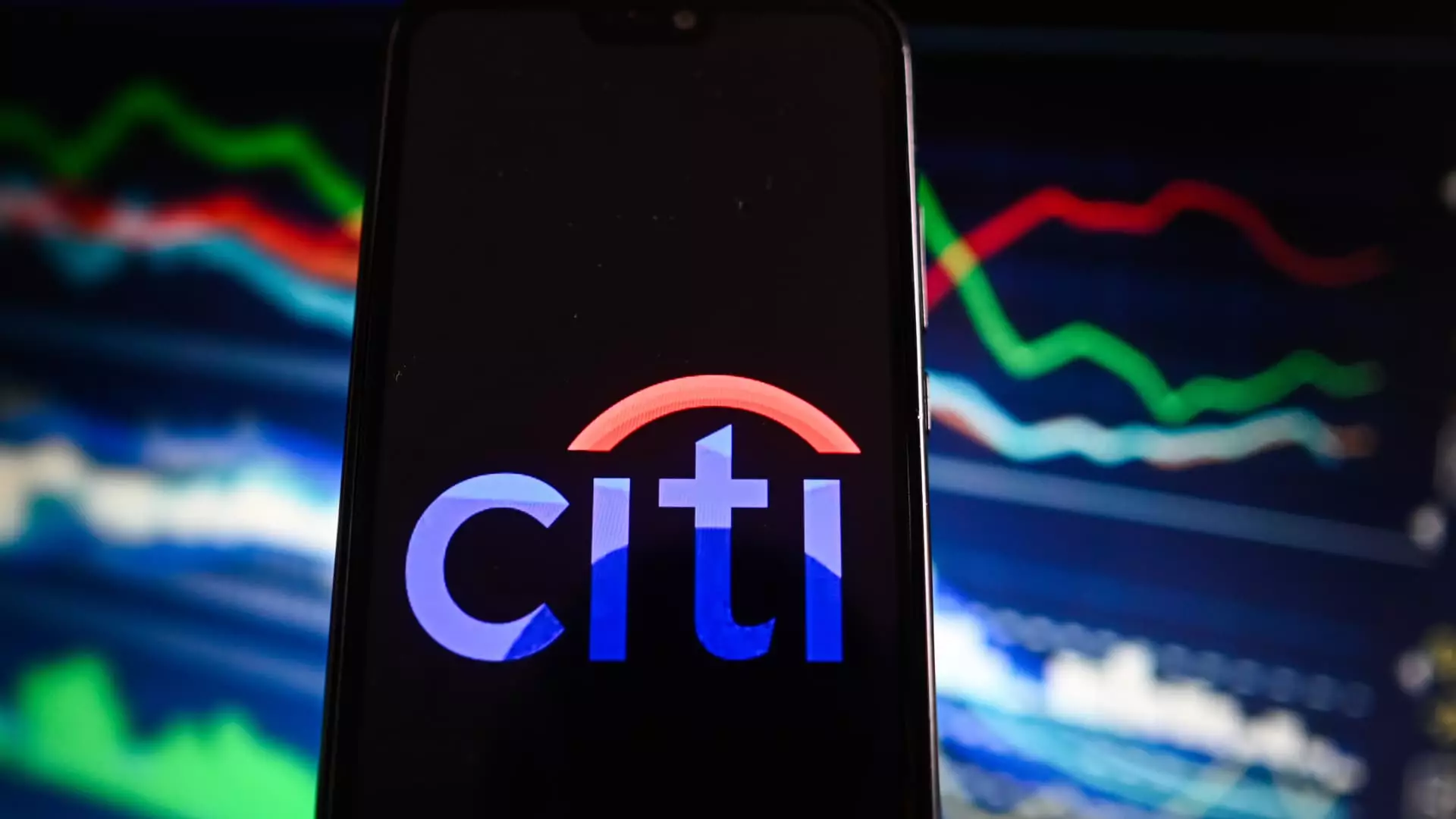In the realm of financial markets, news concerning political shifts can send ripples through investor sentiment and stock performances. Following the recent elections in which Donald Trump emerged as a leading candidate, major banking institutions experienced a notable increase in their stock prices during overnight trading sessions. This trend signifies how intertwined political outcomes and financial market reactions can be, underscoring the sensitivity of investors to potential changes in regulatory environments.
Banks like Citigroup reported a remarkable 5% uptick in stock prices, while Bank of America and other prominent banks, including Goldman Sachs, saw their shares rise significantly—over 3% and 2%, respectively. Such movements exemplify the enthusiasm among investors anticipating regulatory reform traditionally associated with Republican leadership, particularly in the finance sector.
The enthusiasm for stocks in the banking sector is often tied to expectations surrounding deregulation, especially under a GOP administration. Analysts believe that Trump’s presidency may lead to a shift in the prevailing regulatory framework governing financial institutions. A key note from TD Cowen analyst Jaret Seiberg indicated that a rollback of oversight from the Consumer Financial Protection Bureau (CFPB) is anticipated, which could create a favorable landscape for banks.
Such deregulation is seen as a double-edged sword that could foster a more robust environment for banking operations by reducing compliance costs and allowing for increased profitability through less stringent capital requirements. Furthermore, the expectation of a favorable stance on credit card policies and crypto regulation may lead to increased trading activity among financial institutions, positioning them for growth.
Despite the optimism prevalent in banking stocks, investors must also tread carefully, as Trump’s proposals contain inherent risks that could counterbalance the projected benefits. For instance, his administration’s potential inclination towards aggressive tariffs and strict immigration policies raises concerns about inflation. These measures could result in elevated costs for goods and services, thereby impacting consumer spending and, consequently, the revenue streams of banks tied to a healthy economy.
While the anticipation surrounding Trump’s policies may buoy bank stocks in the short term, the broader economic implications pose a considerable risk. Investors must balance their expectations of deregulation against the backdrop of potential inflationary pressures and broader economic instability that could emerge from an aggressive political posture.
The current landscape for banking stocks suggests a favorable outlook in light of Trump’s political landscape. However, an astute investor must remain acutely aware of the complexities at play. As the market reacts to the shifting political tides, carefully navigating between the opportunities presented by deregulation and the potential adverse effects of policy decisions will be pivotal in determining the long-term health of the banking sector. Thus, the future may hold promising prospects for these institutions, but caution in the face of volatility will undoubtedly play a critical role in shaping investment strategies moving forward.

